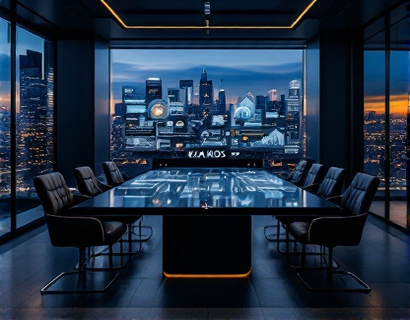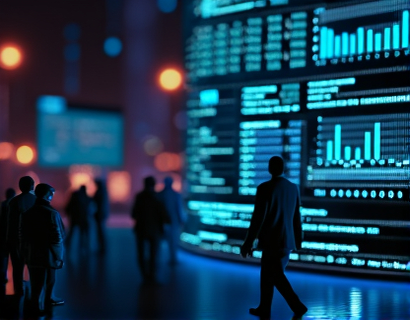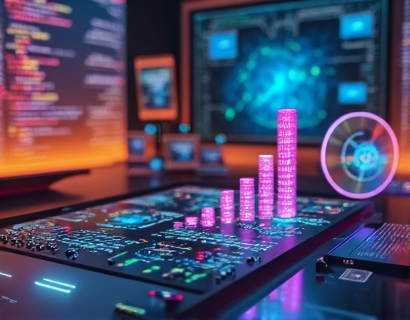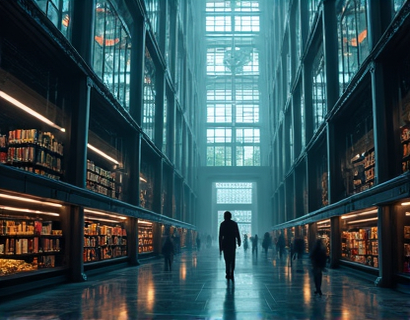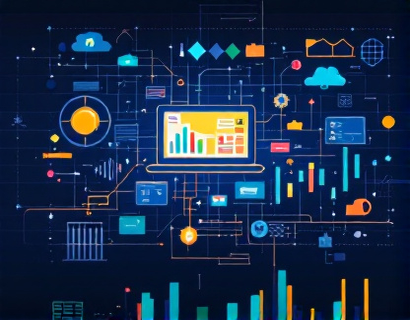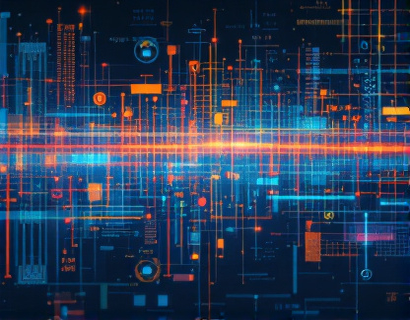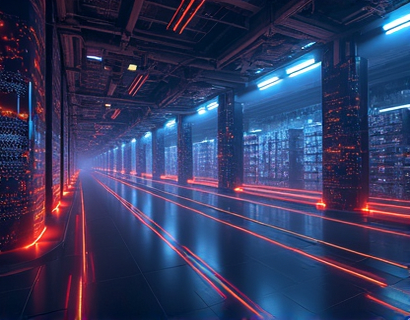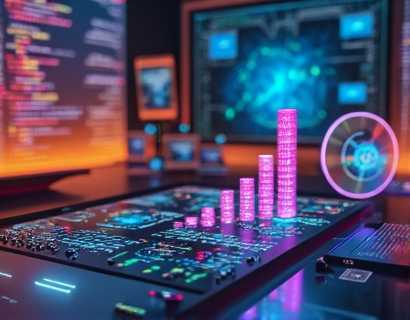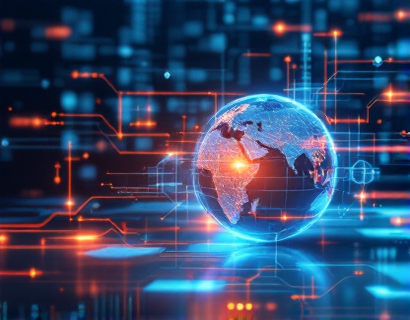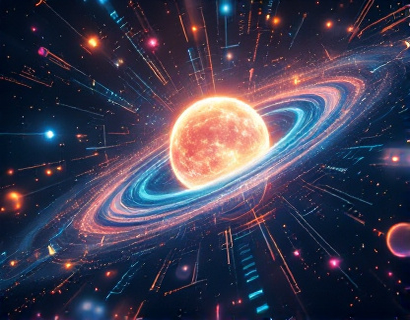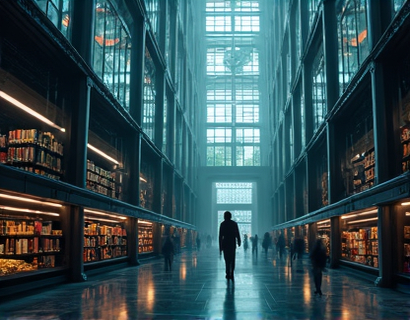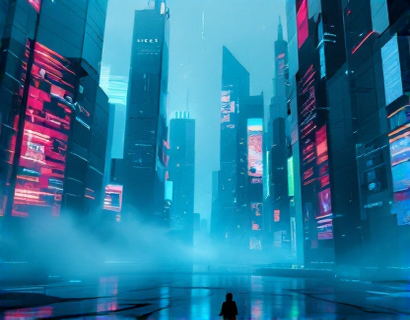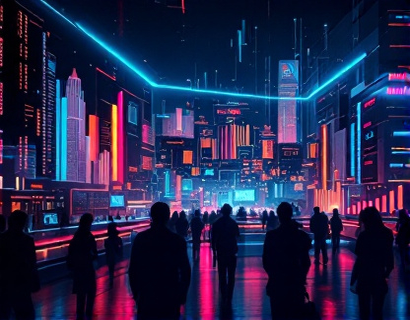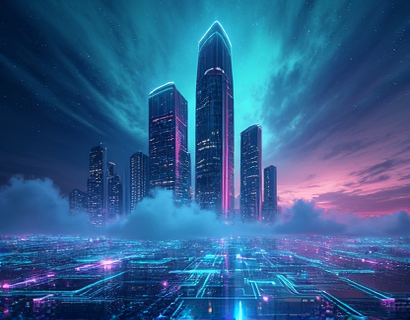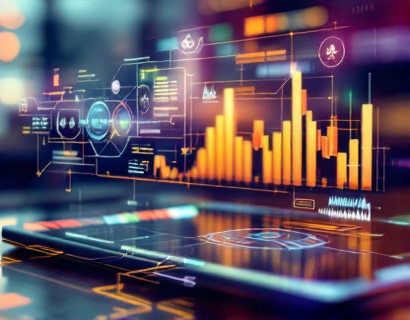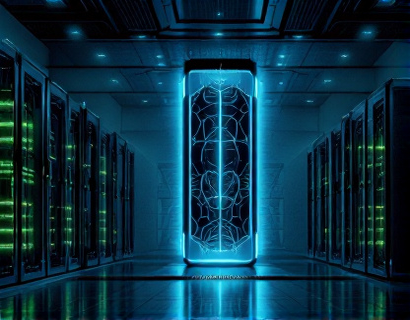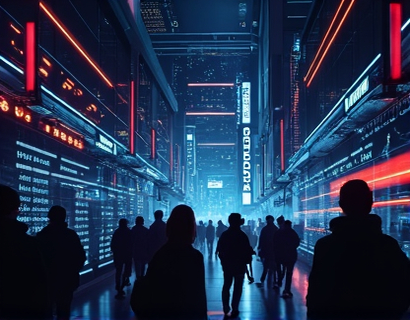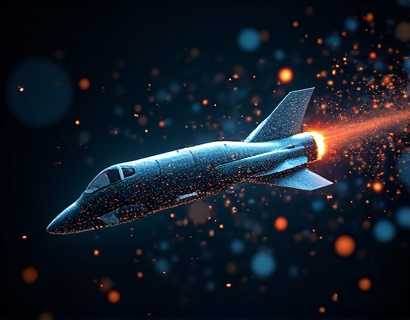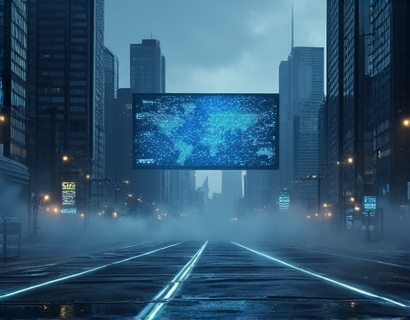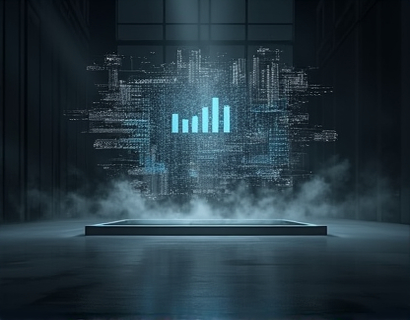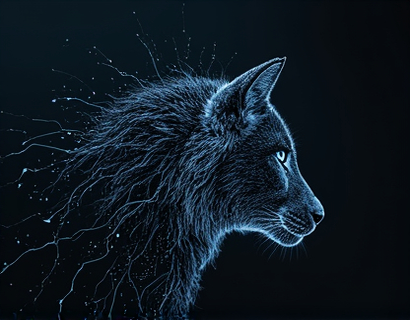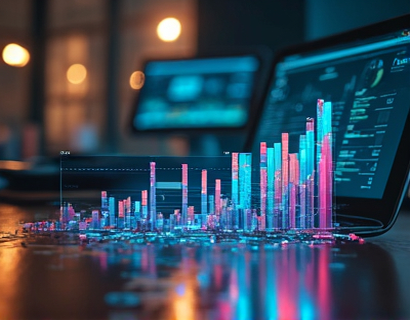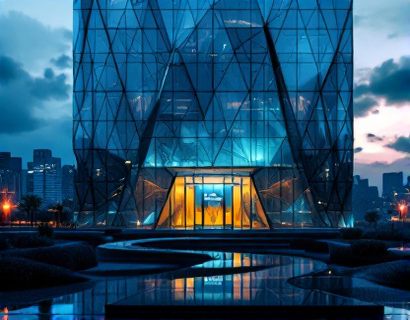AI-Powered Creativity Transformation: Elevating Film, Music, and Gaming Production with Advanced Technology Solutions
The entertainment industry is at a pivotal moment, driven by the rapid advancement of artificial intelligence (AI) technology. This transformation is not just about automating tasks but about elevating the very core of creativity in film, music, and gaming production. AI is redefining how content is created, produced, and managed, offering unprecedented tools and solutions that enhance artistic expression and operational efficiency.
Enhancing Creativity in Film Production
In the realm of film, AI is revolutionizing the creative process from scriptwriting to visual effects. AI algorithms can analyze vast amounts of data to suggest plot developments, character arcs, and even dialogue, providing filmmakers with innovative ideas and insights. For instance, AI-powered script analysis tools can identify patterns and trends in successful films, offering suggestions to improve storytelling and pacing. This not only saves time but also enriches the narrative, allowing creators to focus on the artistic aspects while AI handles the analytical workload.
Visual effects (VFX) are another area where AI is making significant strides. Traditional VFX workflows are time-consuming and require extensive manual effort. AI-driven VFX tools can automate repetitive tasks such as object tracking, background removal, and environment generation. Machine learning models can learn from existing data to create realistic animations and effects, reducing the time and cost associated with traditional methods. For example, AI can generate realistic water, fire, and smoke effects with high fidelity, enhancing the visual spectacle of films without the need for extensive manual intervention.
Optimizing Music Production
The music industry is equally benefiting from AI technology. AI tools are transforming the way musicians compose, produce, and distribute their work. AI algorithms can assist in the composition process by generating melodies, harmonies, and even entire tracks based on input parameters. This allows musicians to explore new sounds and styles, pushing the boundaries of creativity. AI can also analyze existing music to identify trends and preferences, helping artists tailor their music to resonate with specific audiences.
In the production phase, AI can optimize the mixing and mastering processes. AI-powered audio tools can automatically adjust levels, equalization, and compression to achieve professional-sounding results. These tools learn from a vast library of professionally mixed tracks, applying the same techniques to new recordings. This not only saves time but ensures consistency and quality across different projects. Additionally, AI can assist in the creation of virtual instruments and sounds, expanding the sonic palette available to producers and composers.
Streamlining Gaming Development
In gaming, AI is playing a crucial role in enhancing game design, artificial intelligence (NPC behavior), and procedural content generation. AI algorithms can analyze player behavior and preferences to create more engaging and adaptive game experiences. For example, AI can dynamically adjust difficulty levels based on a player's skill, ensuring a challenging yet enjoyable experience. This level of personalization is key to keeping players engaged and loyal to a game.
Procedural content generation is another area where AI shines. AI can generate vast open worlds, complete with detailed environments, quests, and NPCs, reducing the workload on developers and allowing for more complex and immersive game worlds. Machine learning models can learn from existing game assets to create new, unique content that feels authentic and cohesive. This not only speeds up the development process but also enhances the replayability of games.
Project Management and Collaboration
Beyond creative tools, AI is also transforming project management and collaboration in the entertainment industry. AI-driven project management platforms can predict project timelines, allocate resources efficiently, and identify potential bottlenecks. These platforms analyze historical data and real-time project metrics to provide insights and recommendations, helping project managers make informed decisions. AI can also facilitate better collaboration among team members by suggesting optimal communication channels and workflows based on individual preferences and productivity patterns.
In film production, AI can manage complex schedules and coordinate multiple departments, ensuring that shooting, VFX, and post-production run smoothly. For music projects, AI can track progress, suggest deadlines, and even assist in marketing and distribution by analyzing market trends and audience preferences. In gaming, AI can help manage large-scale projects with multiple teams, ensuring that all components—gameplay, art, and audio—align seamlessly.
Challenges and Ethical Considerations
While the integration of AI in the entertainment industry offers numerous benefits, it also presents challenges and ethical considerations. One major concern is the potential loss of jobs due to automation. However, rather than replacing human creatives, AI is more likely to augment their capabilities, allowing them to focus on higher-level tasks that require human intuition and creativity. It's essential for the industry to embrace a collaborative approach where AI and humans work together to achieve the best results.
Another ethical consideration is the ownership and copyright of AI-generated content. As AI becomes more capable of creating original works, questions arise about who owns the rights to these creations. Clear guidelines and regulations will be necessary to address these issues and ensure fair compensation for all parties involved.
Future Prospects and Innovations
The future of AI in the entertainment industry is promising, with ongoing research and development paving the way for even more innovative solutions. One area of focus is the integration of AI with virtual and augmented reality (VR/AR) to create immersive experiences that blur the line between the digital and physical worlds. AI can enhance VR/AR content by generating dynamic environments and interactive elements, providing users with unprecedented levels of engagement and realism.
In the music sector, AI is poised to revolutionize live performances through AI-driven sound systems and lighting controls that adapt in real-time to the music and audience reactions. In film, AI could enable the creation of personalized movie experiences, where the narrative and visuals adapt based on the viewer's preferences and emotional responses.
Moreover, the combination of AI with other emerging technologies like blockchain and the Internet of Things (IoT) can lead to new business models and distribution methods. Blockchain can ensure transparent and secure transactions for AI-generated content, while IoT can enable smart devices to interact with and enhance entertainment experiences.
Conclusion
The integration of AI technology in film, music, and gaming production is not just a trend but a fundamental shift in how creativity is expressed and realized. By leveraging AI tools, professionals in these industries can push the boundaries of what is possible, creating more engaging, efficient, and innovative content. As AI continues to evolve, the entertainment industry will undoubtedly see even more transformative changes, setting new standards and redefining the future of creative production.



